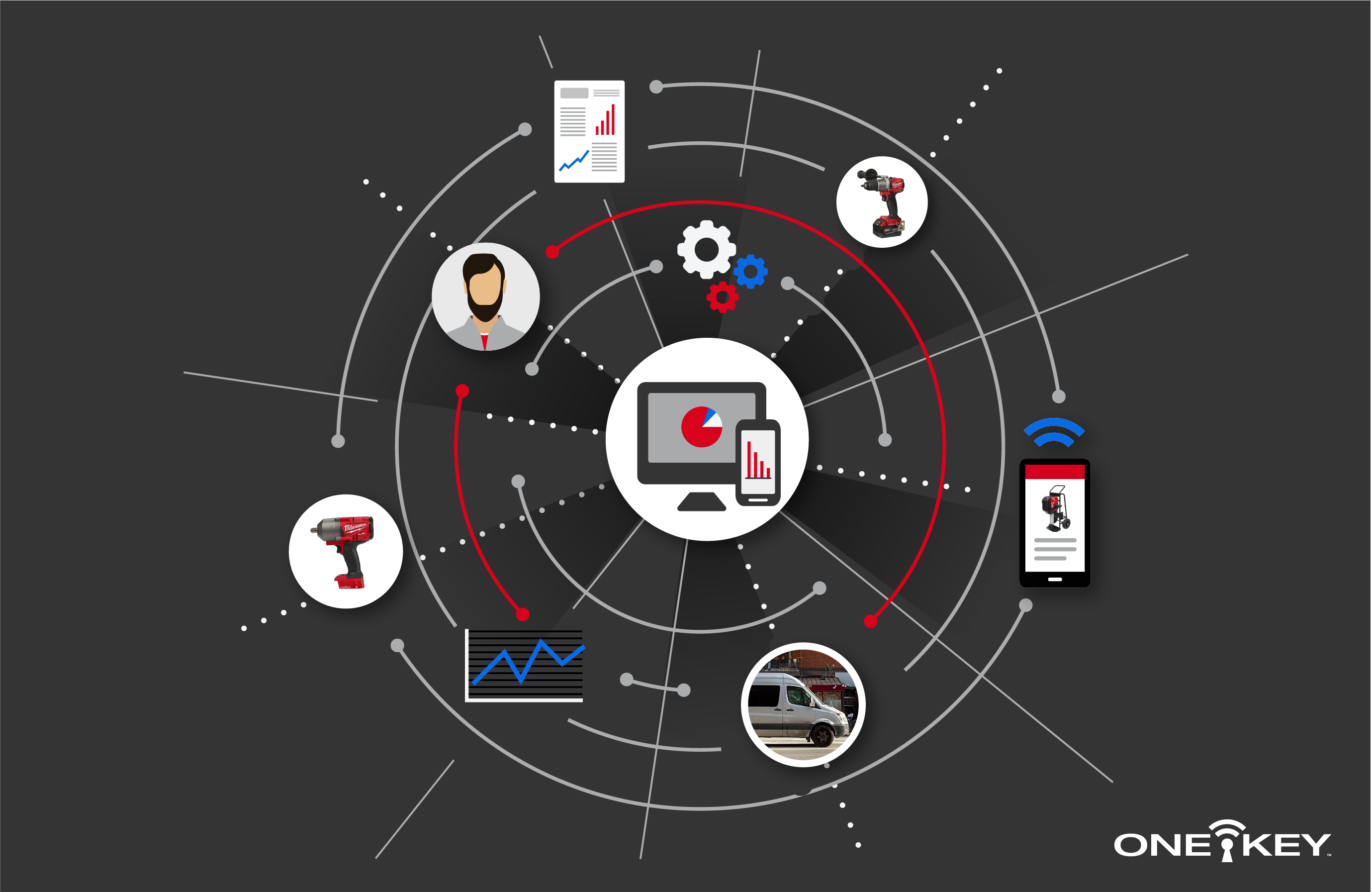Technology has a major part to play in the solution to the logistics problem. Though still in its relative infancy, cloud-based software, in particular, has proven to be a vital tool for organizing every aspect of a construction project on the back end, while greatly improving how the work is completed on the frontline. Contractors may remain slow at embracing new technology, but those who have adopted construction management software overwhelmingly report increased productivity, hours of time saved, and anywhere from a 25-100% increase in sales. To combat traditional skepticism, construction software adoption needs to be leaned into by rethinking traditional processes and fostering a culture where it can grow. JBKowledge recommends: “Companies must cultivate a tech-savvy culture so software (and other ConTech) can be normalized and expected, rather than viewed skeptically as, ‘toys.’”
With the benefits of construction software apparent, the question then narrows further to a matter of choice. There are hundreds of options available for every branch of a construction business, whether you’re looking to digitize project design or a more accurate way to estimate the cost of material. Among industry pros, the conversation about which options to pick typically falls into two main schools of thought: Integrated versus specialized.
Put another way, do you want a single software package that does it all, or a collection of apps that specialize in different things? The answer depends in large part on the specific needs of your particular enterprise. Having a clear idea of what those needs are is key to figuring out which option is best for you.
Here are a few other things to consider when tackling the integrated vs specialized construction software debate.
Cost
One definite plus of an integrated software platform is you get multiple functions with a single pricetag. Many of the top tier construction software options on the market are subscription-based, billed anywhere between $50 to $550 a month or more. That’s a palatable range for a single platform, but if each department requires the purchase of a specialized program, those dollar signs will start putting knots in your stomach.

Then again, a multi-functional software package might come with bells and whistles that you won’t ever use, but end up paying for anyway. Maybe all you’re looking for is an app that will improve communications between the field and the back office, or a cleaner way of organizing project bids. If so, the specialized route may actually end up being more cost effective by comparison.
Like any tool, software is an investment. Subscribing to an integrated software service might save money in the short-term, but could end up being more expensive in the long-term, especially if there are cheaper options available that more precisely target your company’s specific needs.
Efficiency
All too often in business, individual departments get cordoned off from each other, and using standalone systems for each one may exacerbate the connectivity problems that arise naturally from this dynamic. And getting multiple disparate software platforms to mesh with each other can prove to be a frustrating, even insurmountable technical challenge. This is another advantage of integrated software: Everything is under one standardized roof, and smooth cross-departmental communication is baked into the architecture by design.

Photo by Jacek Dylag on Unsplash
That said, a common refrain is that while integrated software may do it all, this doesn’t necessarily mean it does it all well. Not all software is created equal, and some integrated platforms may have sacrificed quality in their bid to consolidate multiple functions. This is a potential strength of specialized software. After all, it takes more than one tool to build a skyscraper. Why shouldn’t it be the same with software? Provided it’s a top tier product, construction software that hones in on the specialty of a single task is likely perform that task at a higher and more efficient level than a generalized platform.
In this fragmented digital terrain, a single data point may get lost in the shuffle, or need to be entered and reentered multiple times from one department to the next, wasting valuable time and squandering efficiency. To fix this, it’s important to get everybody on your team under the same roof. Whether that’s mandating one system for your entire company or connecting the dots between your different teams by adopting software platforms that play nice, that’s up to you.
Support
Another factor to consider when researching software is the level and quality of support you can expect to receive through the lifetime of your subscription. Many integrated software platforms solicit customer feedback, and add new features or improve old ones based on the reported needs of the users. Some cloud-based software providers like Procore and eSub even offer customized packages, with unique digital product lines available for contractors and tradesmen across the entire construction industry spectrum, from GCs to specialty trades.

Photo by Proxyclick Visitor Management System on Unsplash
At the same time, in what may represent a happy medium between the two schools of thought, certain specialized apps offer similar levels of support and responsiveness to customer feedback, and even come pre-built with a degree of cross-platform integration in mind. For example, Slack, a popular messaging platform for businesses of all kinds, is specialized in the sense that its focus is solely on communication. Yet, Slack also allows users to enmesh its messaging functionality with a wide variety of other popular apps. Similarly, teams, backed by cloud software pioneer Microsoft, has been recently used to supercharge remote work in the age of COVID-19 but has for years stimulated collaboration all over the world. In this way, it becomes clearer the possibility to string together a variety of specialized apps and get them all humming along in coordination with each other. Construction projects should be built with harmony like this in mind. The trick is figuring out which options work best for you.
Training
No software, no matter how sophisticated, is any good if your crew members can’t operate it correctly. Whatever software you’re looking at, this should be a primary consideration: How much time, energy, and resources will need to go into training personnel on proper use? As ever, the benefit of integrated software is its singular nature—everyone only needs to learn one platform, so getting on the same page is theoretically less of a headache.

On the other hand, good specialized software platforms have been designed with the needs of particular teams in mind. Learning a standardized program may appear to save time, but the opposite could in fact be the case if, say, the project engineers suddenly have to learn how to navigate an accounting function, and so on. Again, this is where knowing and targeting the specific needs of your company becomes important. Here’s another way to frame the issue: Do you want to chart the course of your company, or do you want to leave that logistics problem to the software, too?
Integrated vs Specialized Construction Software: Finding Your Way
Whether you’re a general or specialized contractor working in the residential or commercial sector, running a construction company isn’t getting less complicated anytime soon. Adopting cloud-based digital software can go a long way toward simplifying things. One way to choose a platform is to evaluate how integrated or specialized its functions are in relation to the needs of your company. But there are any number of ways to decide which course to take.

At Milwaukee®, we’re taking the hybrid approach. While our free-to-use ONE-KEY™ digital platform is highly specialized for construction inventory management and tool tracking, we’re dedicated to creating software integrations for all aspects of the construction process. The importance of this real-time communication and operational visibility is one we can relate to and at the crux of our platform’s very purpose. After all, no matter what field you’re in, efficiency and productivity only happen when teams are working together, not against each other.


